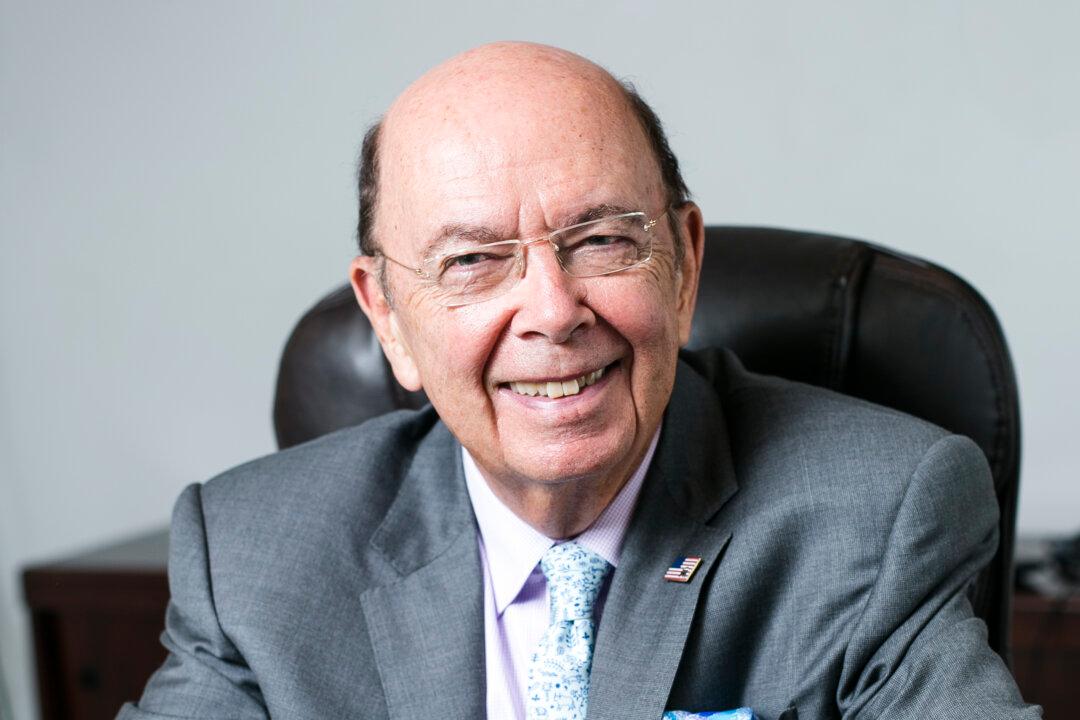NEW YORK—Wilbur Ross Jr. is not like other Wall Street high rollers like Donald Trump and Carl Icahn. He is a soft-spoken, well-mannered, and impeccably dressed gentleman, and has succeeded on Wall Street, becoming a billionaire in the process.
Ross, worth $2.9 billion according to Forbes, has made his name in distressed assets investments and rose to fame turning around Bethlehem Steel as well as Burlington Industries.





